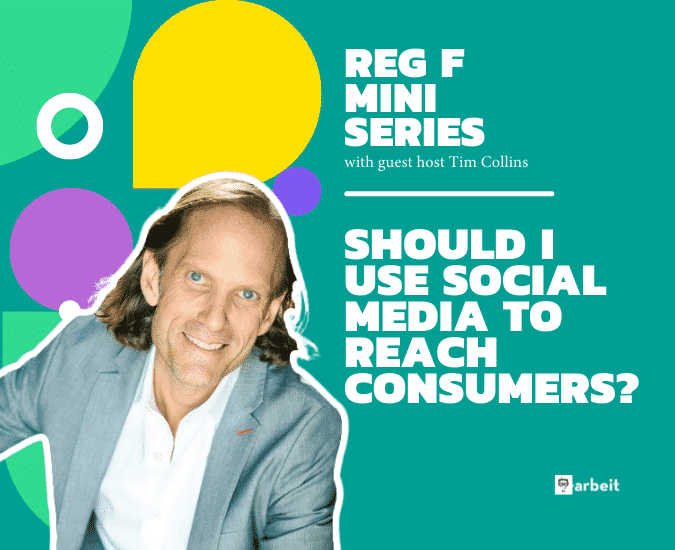Should I Use Social Media To Reach Consumers?

Start Making More Calls Today
Not sure which solution would be the best fit for your needs? We can work with you to find a solution that’s right for your business.
get a free quote
Not sure which solution would be the best fit for your needs? We can work with you to find a solution that’s right for your business.
get a free quote